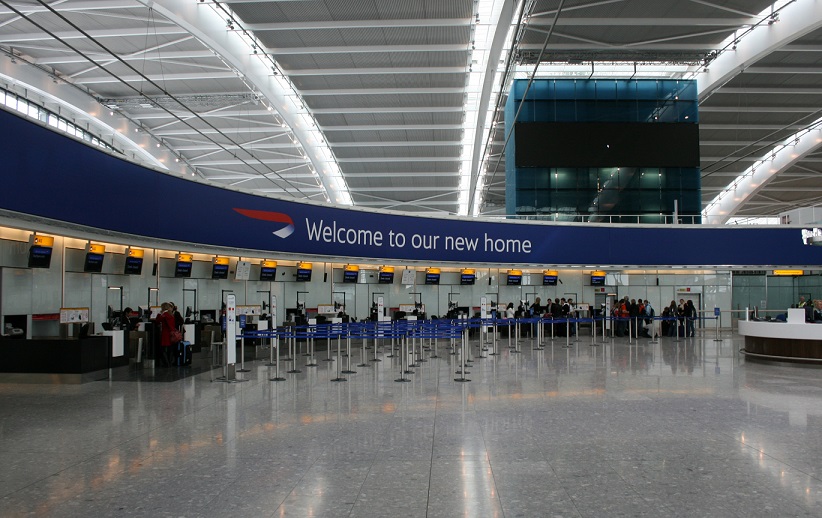This post is also available in:
 עברית (Hebrew)
עברית (Hebrew)
Large industrial operators are keen to understand how to maintain the integrity of their electricity network to the highest standard while operating in an environment that is constrained due to COVID-19 distancing measures.
A smart remote operating system of airport electricity networks will be implemented at Heathrow Airport. The project is being taken up to address the necessity of the airport for implementing social distancing measures while making sure that electricity supplies are safe and reliable.
UK Power Networks Services will be evaluating ‘Mixed reality’ technologies at the airport, which include the use of geo-fencing, which is a cyber perimeter that ensures the network continues to be highly secure in the virtual world.
The company said that biometric scanning like facial recognition will also be assessed to offer further checks of authentication and authorization, apart from conventional technologies.
The company will study the feasibility of creating remote offsite access for the control and monitoring of the electricity distribution network of the Heathrow Airport. The electricity distribution network operator said that the remote offsite access project has to meet the high-level security requirements of the airport besides enabling staff to control the electricity network when there are restrictions imposed on its access.
The company said that the testing of innovative technologies in this regard could be adopted by other airports across the UK for helping electricity engineers work remotely instead of being on site.
Currently, Heathrow Airport is operating the Supervisory Control and Data Acquisition (SCADA) system which permits engineers to operate and monitor its power supplies. The project will study opportunities to improve SCADA’s capacity to be operated remotely, whether it is from an office located outside the airport environment or from home. The project will also study the possibility of introducing the technology to large infrastructure projects.
Apart from giving scope for staff to remotely control the electricity network for minimizing the risk of transmission of Covid-19 in the workplace, energy losses and costs can be cut down, as parts of the electricity network can be remotely monitored and switched off when needed, and a lower carbon footprint as airport employees don’t have to travel to, and around the airport frequently.
The project is supported financially by Innovate UK, according to governmentcomputing.com.


























